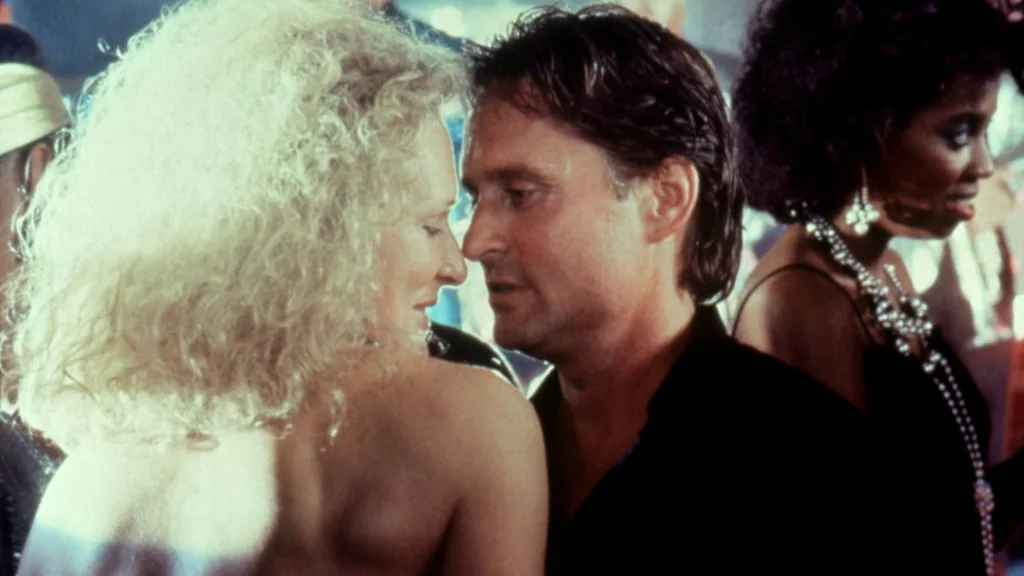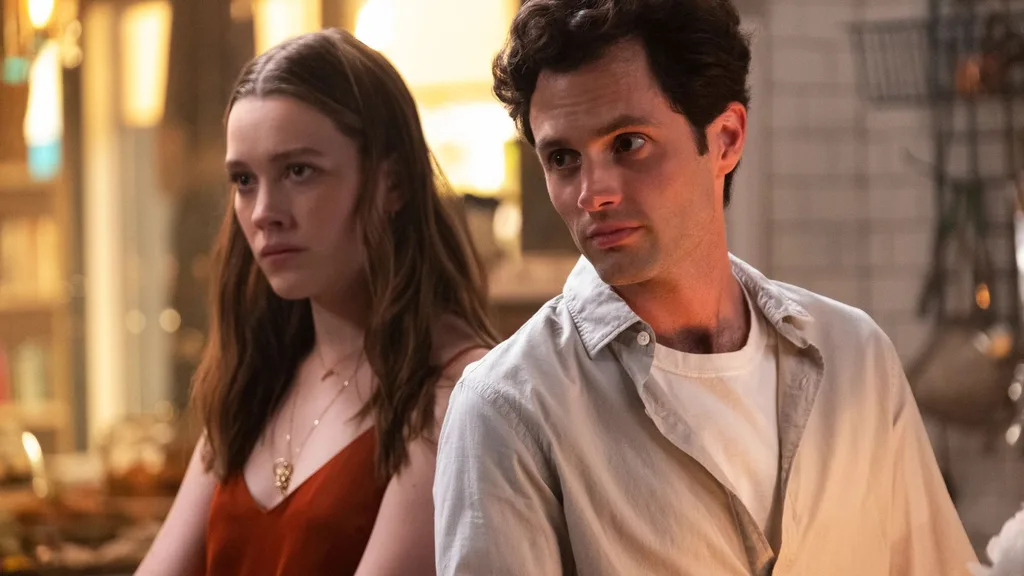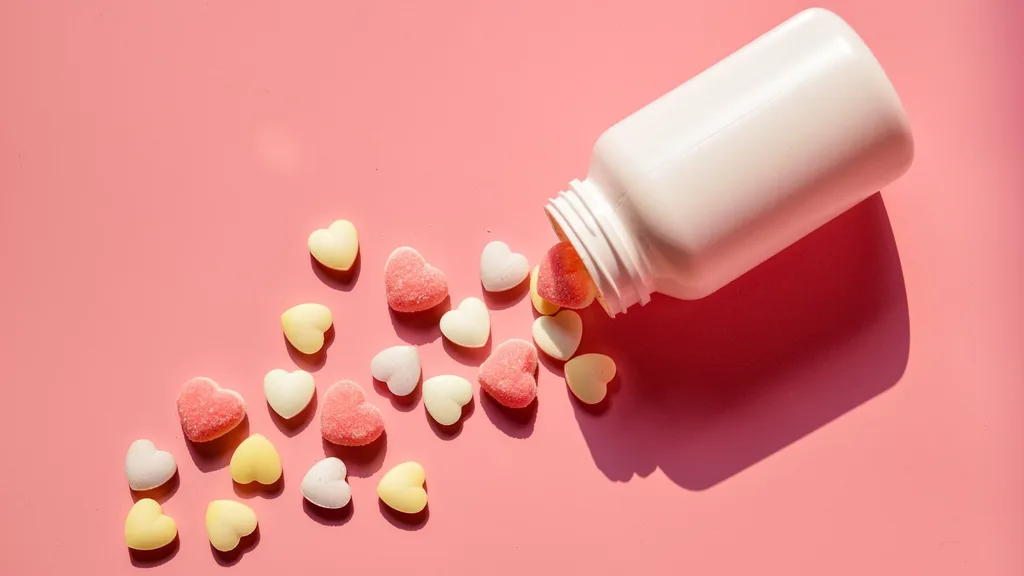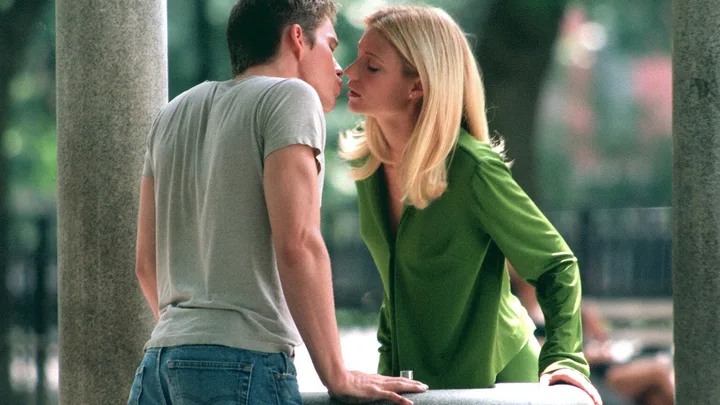Amy Reid* was 15 when she experienced her first high. As her dopamine levels soared and the hypnotic haze of euphoria tightened its grip, Reid knew nothing in her life would ever compare to this feeling. She was hooked. But unlike with the more common vices of drugs, gambling, sex or alcohol, Reid didn’t have the warning signs of a depleted bank account or daily hangovers to indicate that things were turning sour.
That was because Reid’s addiction was to a feeling: love.
“When I was a teenager, I fantasised about the next man I could wrap myself around. I paid little attention to who he was or even if I liked him, and more attention to my insatiable need to fill something empty inside,” recalls Reid, who is now 57 and a mother of two.
“In the same way that a drug addict doesn’t care what drug they’re using, and an alcoholic doesn’t care what drink they are drinking, for me any man was better than nothing. It became a pathological need to be validated, wanted and desired by a man.”
What Is Love Addiction?
While not formally recognised as a mental illness, love addiction is a dysfunctional relationship pattern in which someone displays an excessive reliance on another to fulfil their emotional needs and sense of self-worth. One definition is that it’s characterised by a “pervasive and excessive interest in the other person”.
The love addict becomes extremely needy for guidance, support and protection, and directs almost all their feelings, thoughts and behaviours towards the object of their love, who in their minds becomes idealised. Loving your partner deeply or falling in love easily isn’t necessarily cause for concern.
The difference between a typical experience of love and love addiction is the effect it has on a person’s life and mental state. Love addicts can experience relationship breakdowns as well as poor job performance, loss of concentration, anxiety, depression and emotional highs and lows, as well as feelings of enmeshment, clinginess and resentment. People who struggle with love addiction may not be able to recognise when a relationship is no longer healthy.
Who Does Love Addiction Affect?

According to the Journal of Affective Disorders Reports, love addiction affects between 3 and 6 per cent of adults. But with a persistent lack of awareness forcing love addiction under the radar, it’s likely this number is a lot higher.
“It’s uncommon for people with love addiction to put their hand up for recovery or even say they’re in trouble, until they’re in emotional withdrawal from the person that they’re ‘addicted’ to,” says Diane Young, a trauma and addiction specialist at South Pacific Private, a treatment centre on Sydney’s Northern Beaches.
For Reid, the lifebuoy of professional help didn’t appear until she was in her mid-fifties, after having spent decades in a tumultuous sea of toxic relationships.
“My addiction was so consuming that I never reached my full potential in life, as I was too caught up in the relationship or looking for the next one,” says Reid, who sought treatment at South Pacific Private after one particularly damaging experience.
“I met this man not long after separating from my husband and I was completely obsessed with him. I drove a lot of good friends away because they knew that the relationship was destroying me, but I just couldn’t give him up.
“One night, my daughter said, ‘Mum, he has to leave.’ I went completely off my brain, told her she was controlling me and that he wasn’t going anywhere. She was hysterically crying, but I couldn’t let him go,” recalls Reid, who is now in recovery.
“Eventually he moved on, and with a lot of help from friends I managed to keep away from him. But every single day it was hard. I was stalking him, I was depressed and I didn’t have a normal life.
“I’d be agonising over if he was calling or texting me, but I was scared that if I called or texted him too much I was going to push him away. I was in bed for a year. That was my absolute lowest point of addiction.”
As part of her treatment, Reid attended group therapy sessions and worked closely with an addiction specialist to address underlying triggers and trauma, and to help her repair and build healthy connections.
What Causes Love Addiction?
According to Young, love addiction primarily stems from childhood. Clients will typically present with an overwhelming sense of abandonment, stemming from what was modelled to them as children. They’ll also typically experience an inability to participate in healthy intimacy, and will have experienced this painful, exhausting cycle for much of their lives.
This is often due to disruptive attachment styles, past abandonment issues, childhood traumas including emotional or sexual abuse, relational trauma and low self-esteem and self-worth.
This often coexists with depression, anxiety, and personality and addiction diagnoses. “My father never wanted kids, and my mother would regularly remind us of this,” says Reid. “He was emotionally unavailable, which for a child spells out that you simply aren’t enough. As a result, the men I chose were always significantly older and I would be at their mercy.
“Later in life, I realised there was a distinct pattern in my addiction to not only love, but to those who I chose to fulfil this role,” she says. “The men were always incapable of giving or receiving love, and possessed avoidant traits that my father had displayed for my entire life. I was attracted to this type of person because it’s the very thing I was trying to repair inside. I believed that if I could turn an unavailable man around, it would somehow fix the relationship I had with my father.”
What Does Love Addiction Look Like?

The romantic life of a love addict will often play out like the well-rehearsed script of a Shakespearean tragedy. The first act, which begins with a whirlwind love affair, can be likened to the honeymoon phase of any new relationship, when your romantic interest serves as a projection of your deepest fantasies, hopes and desires, and any flaws are cast aside. It’s during these early days that you begin to connect this person with feelings of bliss.
After the intermission, things take a sharp turn. As the cloak of chemical attraction lifts, the prospective partner is unveiled as an ordinary, flawed human and not a god-like saviour. It’s now, as things start to unravel, that the couple commences an emotionally charged tango, pushing and pulling between withdrawal and connection.
As the curtain begins to close, the love addict has a small window to abandon the script and make their grand exit. But tragically, for those who see the story through to the end, the curtain rises on cue and the opening act commences once again, this time with a new leading partner.
However, unlike the obsessed (and dangerous) lover trope that plays out in films such as Fatal Attraction or Netflix’s You, for sufferers of love addiction the relationship might simply be a fantasy, but the pain is far from fictitious. “As humans, we all need love. It’s what makes us survive. So when love is distorted in our brain, and the amounts become either excessive, or deficient, we have a problem,” says Reid. “
With these massive fluctuations in mood comes a lingering depression. We know that another person can’t really complete us, but the addiction has such a hold that we can’t imagine life without it either.”
Heartbreak Or Withdrawal?

Without the physical risk of an overdose or threat of irreversibly bodily damage, it can be easy to dismiss love addiction as a diagnosis reserved for love-struck schoolgirls. However, for those caught in its suffocating spell, the mental-health implications can be life-threatening.
“Like withdrawal from any addiction, the addict is rendered powerless after giving over so much of their life to their crutch,” explains Young.
“They enter a very deep grief, which can be just as debilitating and life-threatening as anybody who’s withdrawing from drugs or alcohol.”
From a young age we’re fed stories about what love should look like: the damsel and the rescuer, star-crossed lovers and princesses who spend a lifetime chasing their soul mate. “We are educated in the Disney idea of love but that is not an accurate portrayal of what a healthy relationship should look like,” says Young.
What Is The Gamification Of Love?
In an increasingly connected digital age, it also doesn’t help that love or its possibility exists at our fingertips.
A recent investigation by The Observer found that dating apps are now as addictive as gambling, with Tinder, Bumble and Hinge pushing users to buy extras to increase the prospect of more matches, more profile visibility and more dates. Spend more money, have a greater chance at love.
For Reid, who entered the dating world in a pre-internet age, the prospect of feeding her addiction with the apps is terrifying. “The way the apps are designed, where they trigger the endorphins in your brain every time you get a match or someone likes your profile, is so dangerous for someone with a love addiction,” she says.
How To Recover From Love Addiction
Despite now being in recovery, Reid confesses she has always had, and always will have, love addiction. “I’ve got a lot more control over my addiction, but am I fully in control of it? No, I’m not,” she says. “I have a toy box of men who I’m not in a sexual relationship with but they keep me buoyant enough not to act out the real love addiction.”
While simply learning how to manage her addiction might be the only treatment for now, Reid’s decision to seek help has not only given her the possibility of a full and happy future, but it has helped break the cycle of intergenerational trauma. And perhaps that gift is the greatest act of love there is.
For more information on addiction visit South Pacific Private
Related articles:
- This Is Why We Become Obsessed With Our Romantic Partners
- Why Are Women Obsessed With Supernatural Sex?
- Why “The One” Doesn’t Exist










